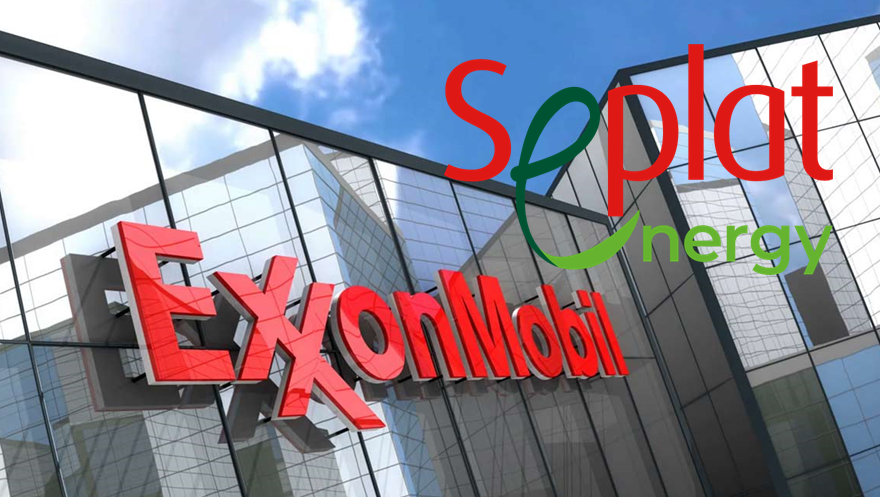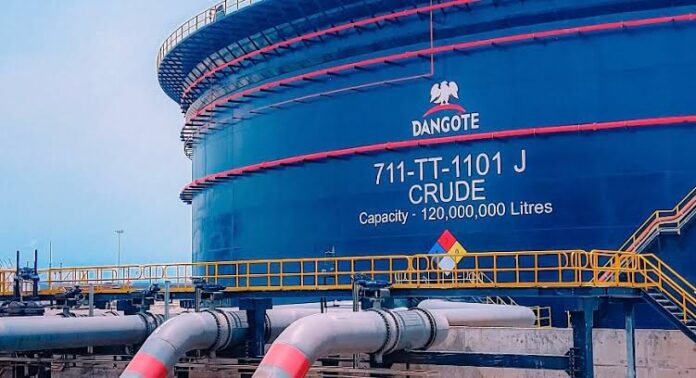According to President Bola Tinubu, the sale of Exxon Mobil Corp.’s onshore Nigerian assets to Seplat Energy will be approved within a few days after receiving regulatory clearance.
Since it was initially revealed in 2022, the $1.28 billion agreement has drawn a lot of attention from analysts who believe it will also indicate to investors that deals like Shell’s asset sale to Renaissance in January are likely to be approved.
In a televised address to commemorate Nigeria’s 64 years of independence, Tinubu stated that his administration was dedicated to facilitating investment flows while maintaining the nation’s legal framework.
“As such, the ExxonMobil Seplat divestment will receive ministerial approval in a matter of days, having been concluded by the regulator,” Tinubu said.
The Nigerian Upstream Petroleum Regulatory Commission has not yet announced approving the deal.
Due to petroleum theft and pipeline vandalism in the Niger Delta, Nigeria is finding it difficult to increase its oil output, which is its largest source of income from exports. As a result, businesses such as Exxon and Shell are being forced to consider deepwater projects for expansion.
Exxon has proposed a $10 billion investment in offshore oil operations as part of a fresh investment push in Nigeria, the presidency declared last week.
After stating that Nigeria had drawn more than $30 billion in foreign direct investments since he took office last year, Tinubu promised that his administration would keep implementing reforms to entice investors.
However, his reforms—which include reducing fuel and power subsidies, depreciating the currency, and loosening FX controls—have infuriated the public and made the cost of living situation worse.
To draw in more foreign investors, Tinubu pledged economic improvements, such as lowering company taxes.





































